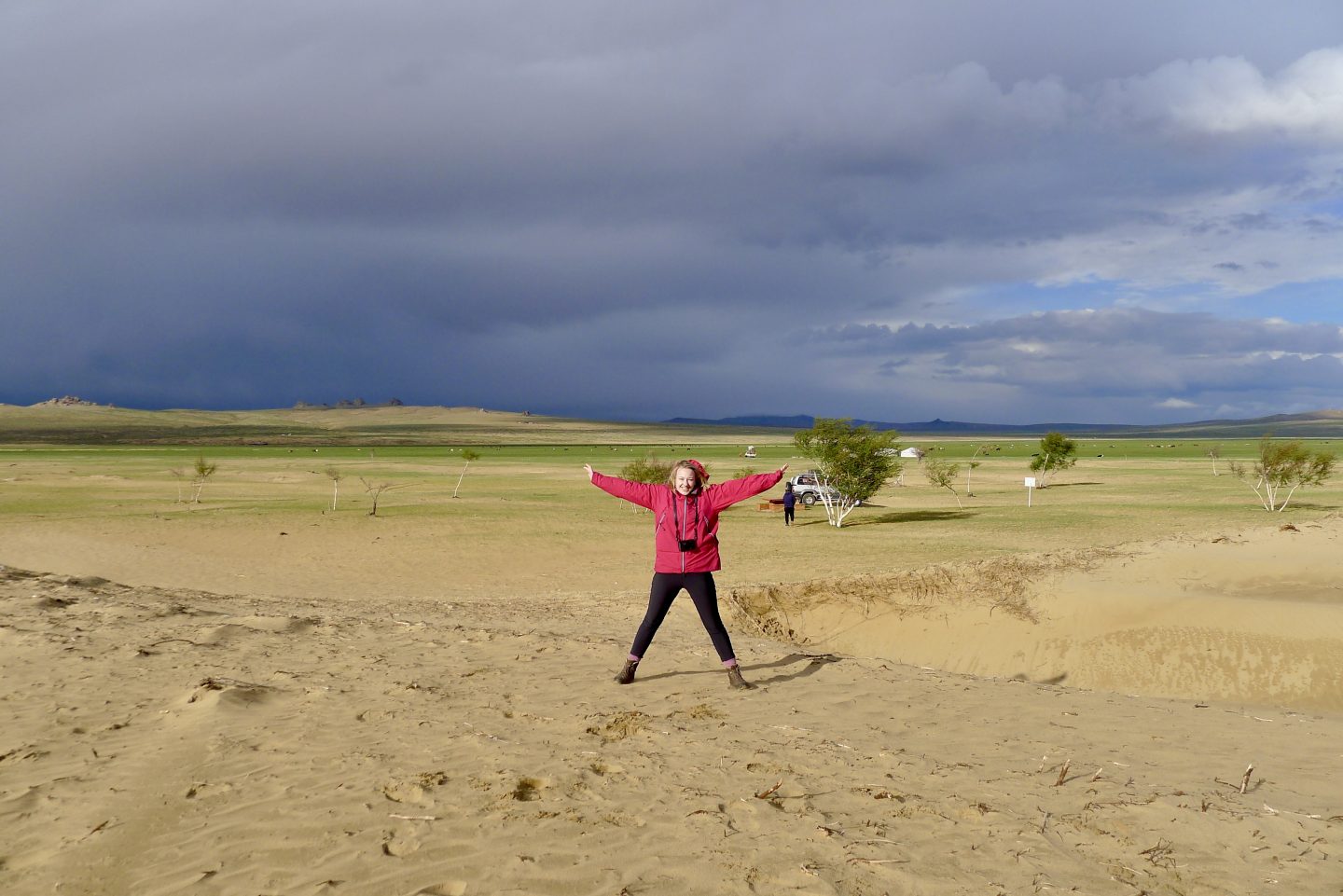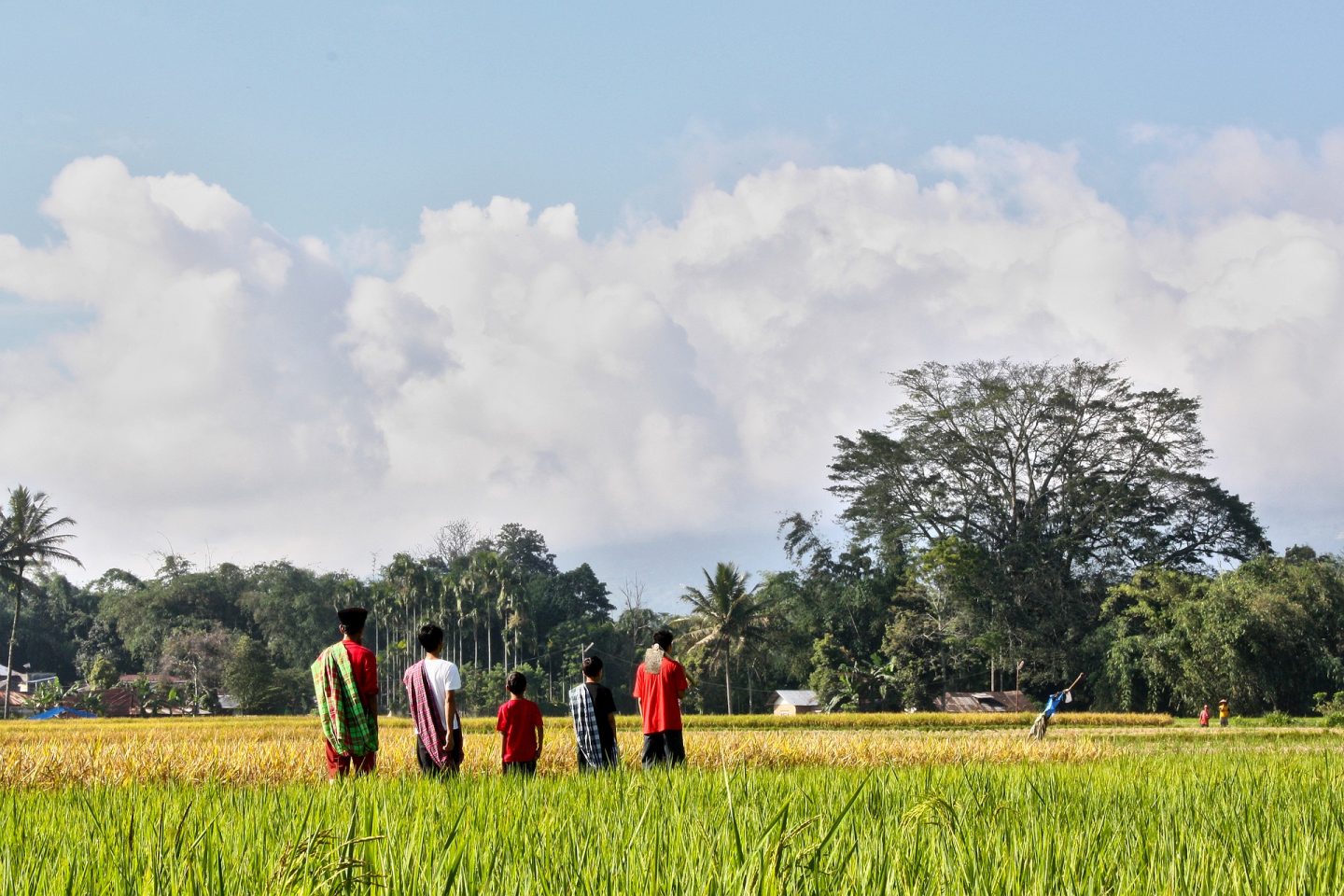Author:
Alice – @discoveny and discoveny.com
‘Voluntourism’ – (the merging of volunteering and tourism) is a growing travel trend.
Popular among gap-year students, travellers choose to do voluntary work whilst on-the-go, sometimes in exchange for bed and board.
The benefits:
At its heart, volunteering whilst travelling is about giving and gaining cultural awareness. Sustainable voluntourism can be a wonderful thing. Here’s why:
1. It breaks cultural barriers. Often, volunteers returning home are equipped with the mindset and passion to drive change in their own communities.
2. It can be a force for good. Volunteering can give us the vision and mindset to change our own world, not just the communities we visit.
3. When done right, it can boost a local economy. Reputable placements abroad will work with volunteers in a sustainable way, which boosts the local economy but ensures that jobs are not being taken from locals.
The problems:
Unfortunately voluntourism is a billion dollar industry. And often, it’s a case of ‘profit before people’; selling poverty and exploiting the good intentions of others is a profitable business.
Most volunteers don’t stick around for long enough to do some good. After a quick mood-boost and a few photos for social media, they move on to their next location, unaware of the damage they’re causing.
The main problems with voluntourism are:
1. Volunteers lack the required skills. Most tourists don’t have the skills needed for projects and there is no expectation for them to stay in one location for long enough to be trained properly.
2. It disrupts the local economy. Unskilled volunteers often take jobs that could be done by local people. This leaves communities forever reliant on outside help.
3. It drains local resources. Communities pour money and resources into giving volunteers the best food and accommodations. This could be better invested in improving their situation.
4. It can lead to child abuse and developmental issues. Children in orphanages and schools are often exploited for volunteer tourists. Over 80% of kids living in orphanages have living parents. This system normalises access to vulnerable children and can lead to attachment disorders, abuse and exploitation.
5. It can disrupt school education. A constant rotation of volunteers can disrupt education as there’s little communication between volunteers about what the children already know.
6. It perpetuates the ‘white saviour’ complex. Voluntourism can perpetuate patronising and unhelpful ideas that ‘developing’ countries and communities are waiting for westerners to come and fix their problems.
Questions to ask yourself before you go:
My aim is not to discourage volunteering abroad. Instead, I want people to make informed decisions and alert people to the risk that they may do more harm than good.
There are several things to consider to ensure your time overseas is spent making a real difference. Consider the volunteer company you use; the volunteering program and the skills you can bring.
What are your motivations behind going on the trip?
Why this specific country, community or project?
What skills can you contribute?
Ask the project these questions:
- Have the needs been set out by the local community? Can the labour not be sourced locally?
- Is the project sustainable? Does it create long-term dependency on volunteers?
- Where is your money going? Is the company transparent?
- Does it involve vulnerable children or animals? What’s in place to keep them save?
- Is the company reputable? What work have they done in the past? What do former volunteers say?
- How to get a reputable work-abroad placement:
Do your research – make sure to go through a reputable organisation. Unfortunately the voluntourism industry isn’t regulated by a single accreditation body, so make sure to ask questions and do your research
Use your skills – think about what skills you can contribute before signing up to a volunteer placement abroad. This will be helpful for the community and more of a CV boost for the future you!
Stay there for longer – volunteering for a longer period of time is one way to bring the maximum benefit, especially for those that want to work with children. It’ll keep your carbon footprint lower too.
Other ways to help from home:
- Volunteer in your community
- This might be a less ‘insta-worthy’ option, but if you’re wanting to help others, there are hundreds of local organisations that could use an extra pair of hands.
- Stay educated
- Reading the news and keeping up-to-date with current world issues is a great way to begin lobbying for change. Voting, campaigning and signing petitions can help change the world one signature at a time.
- Donate to NGOs and reputable charities
- If you really want to help, donating money to NGOs that carry out real life-changing work is a great thing to do.
In summary:
Consider WHY you want to volunteer. Do you genuinely believe you will change lives? Or are you doing it for personal gain or as a CV boost? It’s easy to become a victim of this market where your good intentions can be exploited for money.
If you’re interested in volunteering on your gap year, find more information and real life examples here .

Alice:
AKA @discoveny
Alice is a tea-drinking, mountain-climbing lass from Yorkshire, UK. She started Discoveny in 2020 to encourage more sustainable ways of travelling. Alice has visited more than 25 countries and writes hiking guides, eco-travel tips and is an advocate for responsible travel. Alice currently works for the UK government, helping them to plant sustainable forests for carbon offsetting. She is currently living in Edinburgh. Read Alice’s blog posts here.
Travel doesn’t have to destroy the planet! From trip planning, to transport, to enjoying the destination, Discoveny will help you make sustainable travel fun! Equip yourself with the knowledge and know-how to do good for our planet and those we share it with at www.discoveny.com
